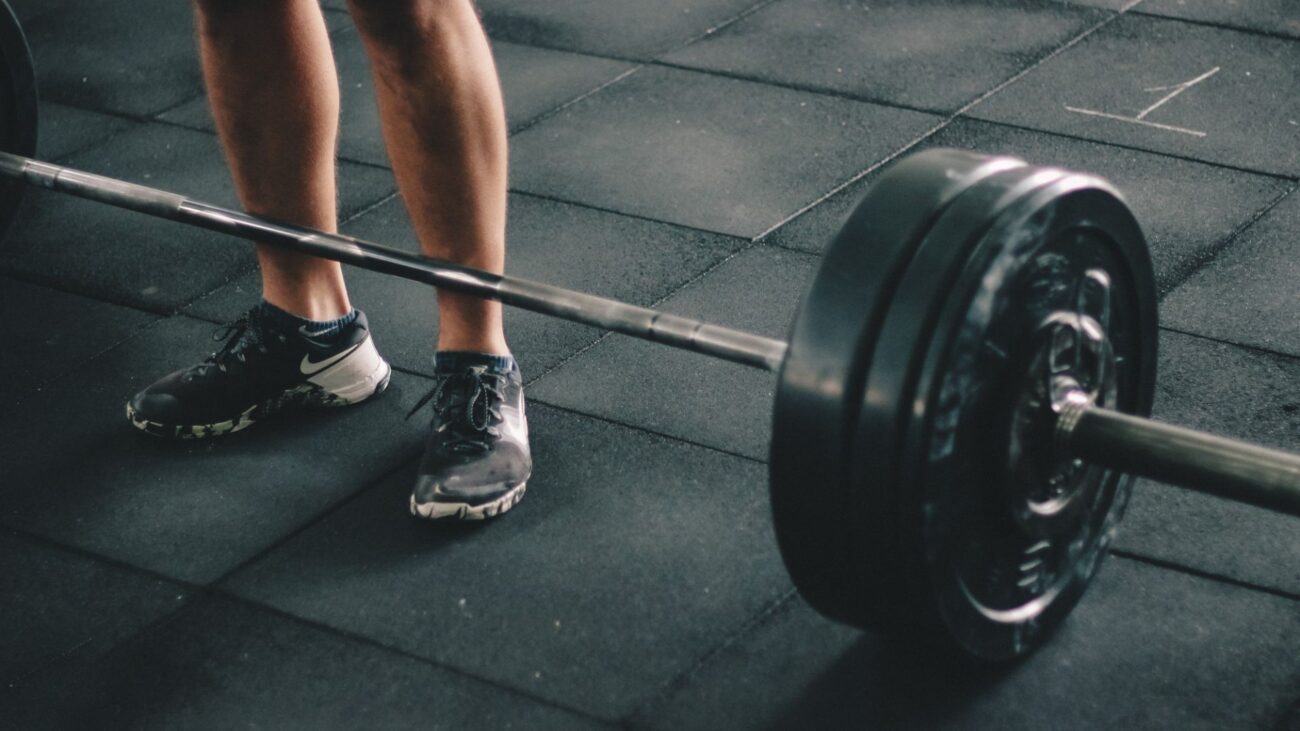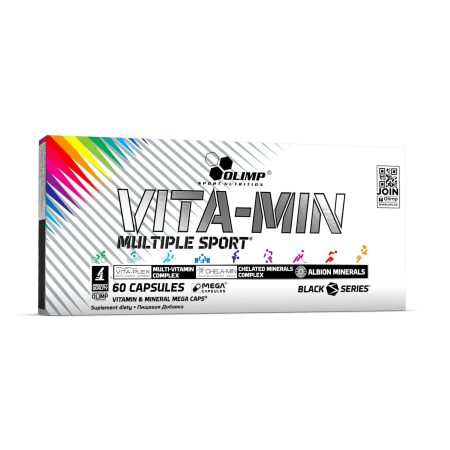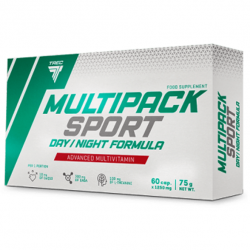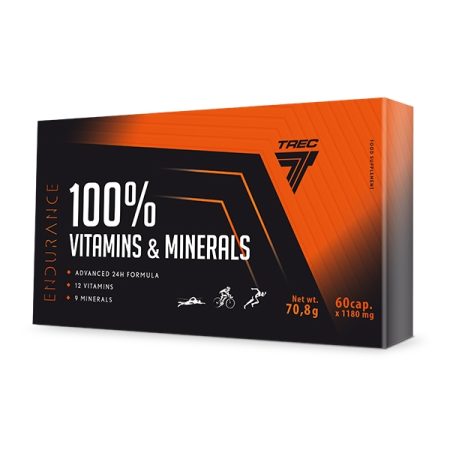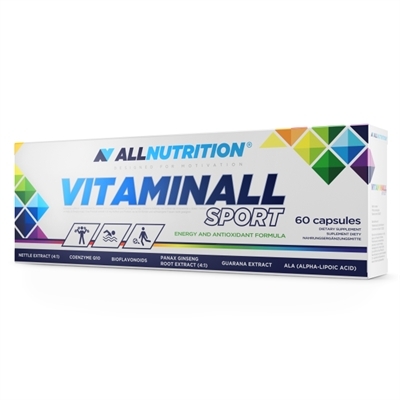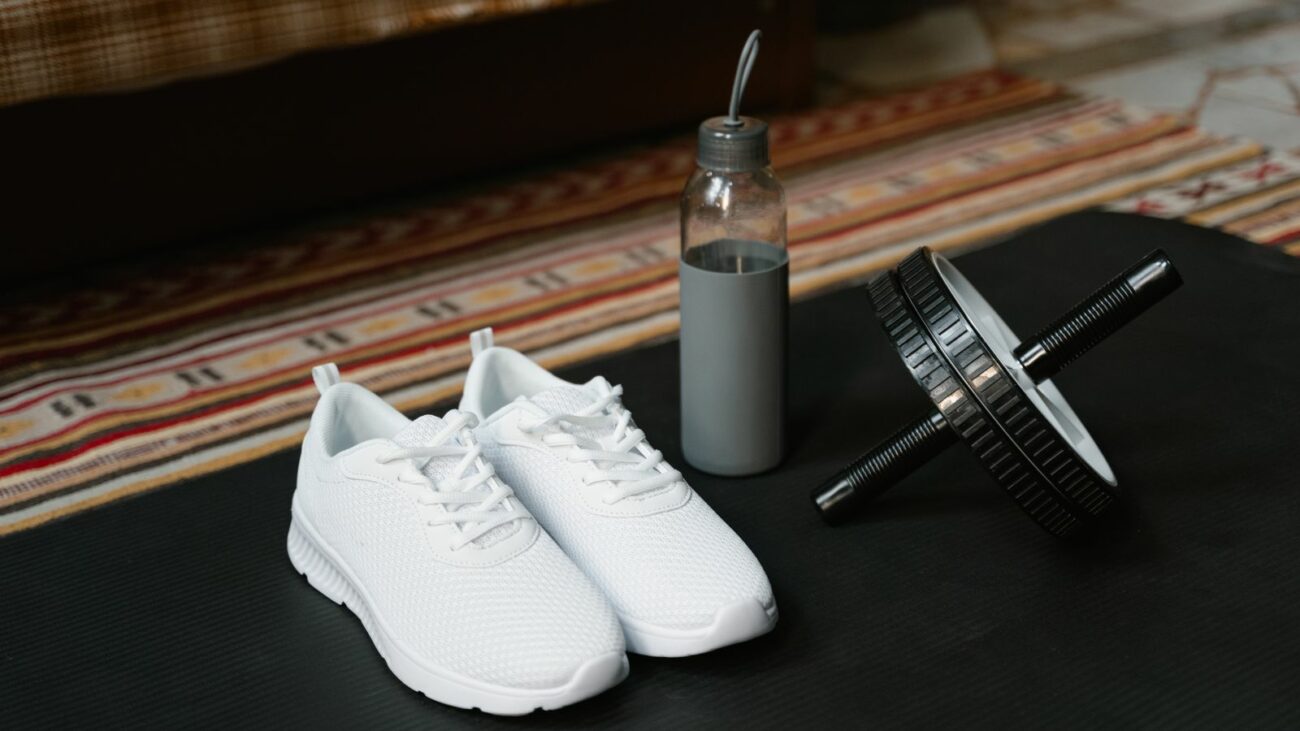Proper vitamin and mineral supplementation is a crucial aspect of supporting the body during intensive training and periods of increased physical activity. Athletes, whether amateur or professional, typically have higher requirements for certain micronutrients compared to those with a sedentary lifestyle. Choosing the right vitamins and minerals can aid in faster recovery, enhanced athletic performance, and overall wellbeing.
Why Are Vitamins and Minerals Important for Athletes?
During intense physical activity, the body consumes more energy and depletes its stores of vitamins and minerals. These nutrients are vital for energy metabolism, protein synthesis, and muscle recovery. Deficiencies can result in:- decreased performance,
- reduced muscle strength,
- longer recovery times,
- a heightened risk of injuries.
Key Vitamins for Athletes
Vitamin D
Vitamin D plays a vital role in bone health and the immune system. Athletes, particularly those who train indoors, are at risk of vitamin D deficiency, which can weaken bones and increase the risk of injury.Benefits of Vitamin D:- Supports bone mineralisation, which is particularly important during intense training.
- Enhances the absorption of calcium and phosphorus, contributing to stronger muscles.
- Strengthens the immune system, which is essential during periods of intense exercise.
Vitamin C
Vitamin C is a powerful antioxidant that helps combat oxidative stress caused by intense exercise. It also supports tissue repair and boosts the immune system.Benefits of Vitamin C:- Speeds up muscle recovery post-workout.
- Supports collagen production, promoting joint health.
- Bolsters the immune system, reducing the likelihood of illness.
Vitamin B12
Vitamin B12 is crucial for red blood cell production and the proper functioning of the nervous system. A deficiency can lead to anaemia, fatigue, and diminished physical performance.Benefits of Vitamin B12:- Enhances energy production at the cellular level.
- Aids muscle recovery following intense exercise.
- Reduces the risk of anaemia, which impacts endurance and strength.
Essential Minerals for Athletes
Magnesium
Magnesium is a key mineral involved in energy metabolism, protein synthesis, and muscle function. A deficiency can lead to muscle cramps, fatigue, and decreased strength.Benefits of Magnesium:- Helps prevent muscle cramps, a common issue among athletes.
- Aids in muscle recovery and the production of ATP, the body’s primary energy source.
- Reduces stress and improves sleep quality, both of which support recovery.
Calcium
Calcium is essential for bone health and muscle function. Athletes, especially those engaging in high-intensity training, have increased calcium requirements.Benefits of Calcium:- Supports bone health and helps prevent osteoporosis.
- Plays a role in muscle contractions, enhancing strength and endurance.
- Supports nerve function, which is important in precision sports.
Iron
Iron is vital for the production of haemoglobin, which carries oxygen to the muscles. Iron deficiency can cause fatigue, weakness, and reduced athletic performance.Benefits of Iron:- Improves oxygen delivery, boosting endurance.
- Supports recovery after intense workouts.
- Helps prevent anaemia, which is common among athletes on a plant-based diet.
Other Important Nutrients for Athletes
ZincZinc supports immune function, muscle recovery, and protein synthesis. A deficiency can lead to lower testosterone levels and slower recovery.PotassiumPotassium is an essential electrolyte that plays a crucial role in maintaining fluid balance and aiding muscle contractions. A potassium deficiency can cause muscle cramps and impair performance.How to Choose the Right Supplements
When selecting supplements, keep the following in mind:- Individual requirements – based on training intensity, diet, and fitness goals.
- Product quality – choose supplements from reputable brands that hold quality certifications.
- Form of supplementation – some minerals, such as magnesium, are better absorbed in chelated forms.

